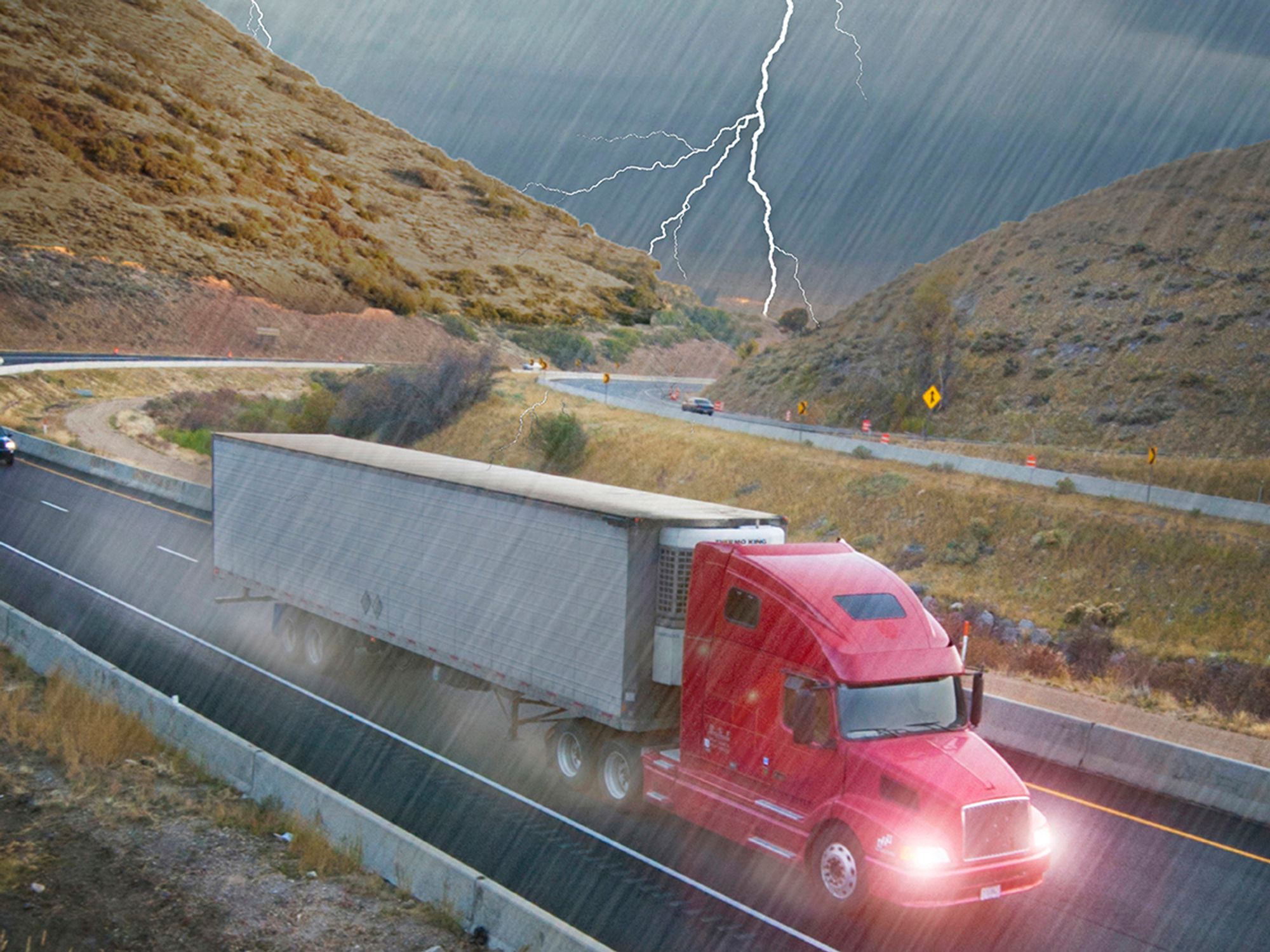Is disaster planning necessary?

- Businesses must prepare for a disaster or emergency by developing a disaster plan.
- When developing a disaster plan, businesses should consider human resources, physical resources and business continuity.
- Small business owners in the transportation industry must take additional steps to be prepared in the event of a disaster or emergency to establish timely communication with pertinent individuals.
No business should risk operating without a disaster or emergency plan. Up to 25 percent of small businesses do not reopen after a major disaster like a flood, tornado or earthquake. These shuttered businesses were unprepared for a disaster; they had no plan or backup systems.
When starting to develop a disaster plan, consider three subjects: human resources, physical resources and business continuity. Think about how a disaster could affect employees, customers and the workplace. Think about how to continue doing business if the area around the facility is closed, streets are impassable, or business equipment is not accessible. Think about what would be needed to serve customers if the facility is closed or the equipment is gone or destroyed.
Here are some suggestions to consider:
- Keep phone lists of key employees and customers and provide copies to key staff members.
- If there is a voice mail system at your office, designate one remote number to record messages for employees. Provide the number to all employees.
- Arrange for programmable call forwarding for the main business line(s). Then, if the office is inaccessible, management can call in and reprogram the phones to ring elsewhere.
- If it may be difficult to get to the office quickly after an emergency, leave keys and alarm code(s) with a trusted employee or friend who is closer.
- Install emergency lights that turn on when the power goes out. They are inexpensive and widely available at building supply retailers.
- Back up computer data frequently throughout the business day. Keep a backup copy off site.
- Use surge protectors and battery backup systems. They will add protection for sensitive equipment and help prevent a computer crash if the power goes out.
- Purchase a National Oceanic and Atmospheric Administration (NOAA) Weather Radio with a tone alert feature. Keep it on and when the signal sounds, listen for information about severe weather and protective actions to take.
- Consult with an insurance agent about precautions to take for disasters that may directly impact the business. Remember, most policies do not cover earthquake and flood damage. Protect valuable property and equipment with special riders. Discuss business continuity insurance with the agent as well.
As a small business owner in the transportation industry, there are additional considerations to assure business and personal safety. If the business’s office is a truck, consistent communication to customers, business associates, and loved ones is a lifeline.
Someone needs to know where the business owner is at all times. Customers want to know because they are counting on the timely delivery of their freight but more importantly, if someone is involved in a disaster or emergency, the timely establishment of communication to pertinent individuals is of the utmost importance to establish continuity of the business as well as personal well-being.
The establishment of a consistent contact schedule with either a business associate or relative is extremely important in the trucking industry. This establishes the route and last known location and gives emergency personnel an accurate idea where to start looking, should an emergency or disaster occur. This could be something as simple as a prearranged time to call a particular person every day. Once this is established, stick to it. The person that contact has been arranged with should assume there is an emergency if they do not hear from the driver by the established time each day.
A list of important phone numbers, contacts, insurance policy numbers, and business associates is one of the most important documents to have at your disposal while on the road. At the very least, a list of phone numbers and emergency contacts should be carried on the driver wherever they are. If the driver woke up in a hospital after an accident and could not talk, would the medical personnel know who to call?
In a “rolling” business such as trucking, the truck often doubles as an office. Similar to a brick-and-mortar office, if a rolling office is destroyed by a disaster or emergency, there needs to be a plan to keep the business intact.
